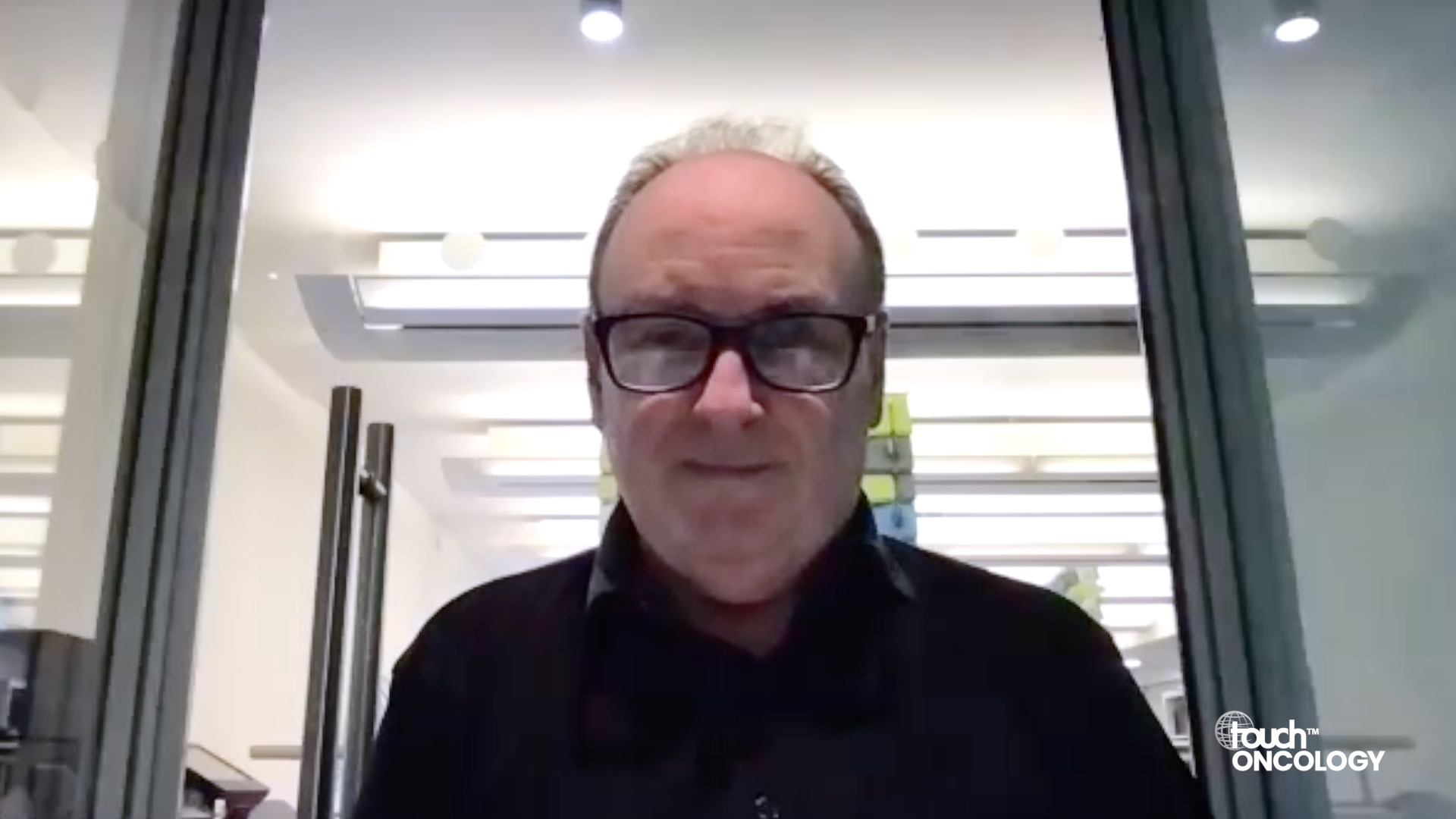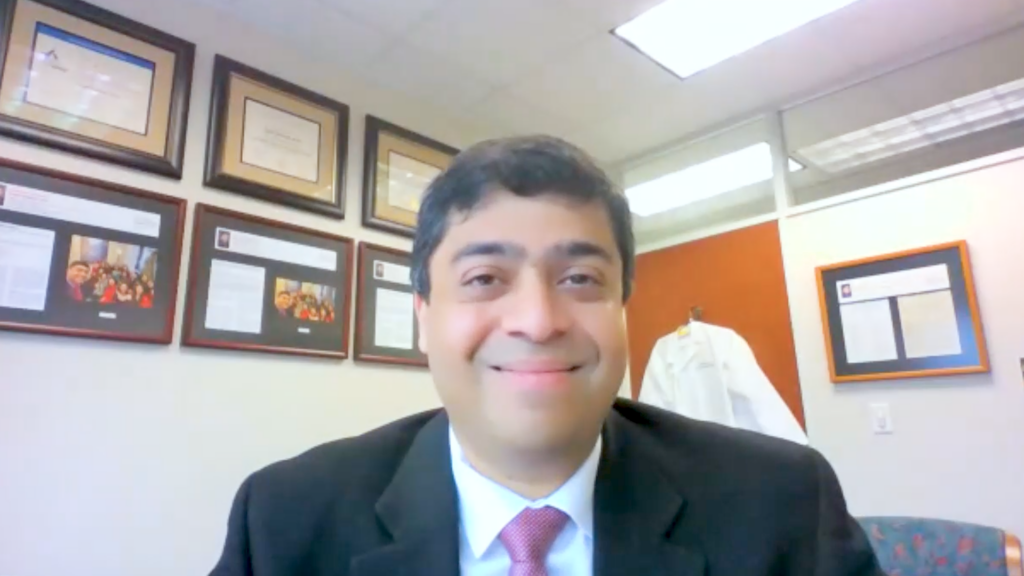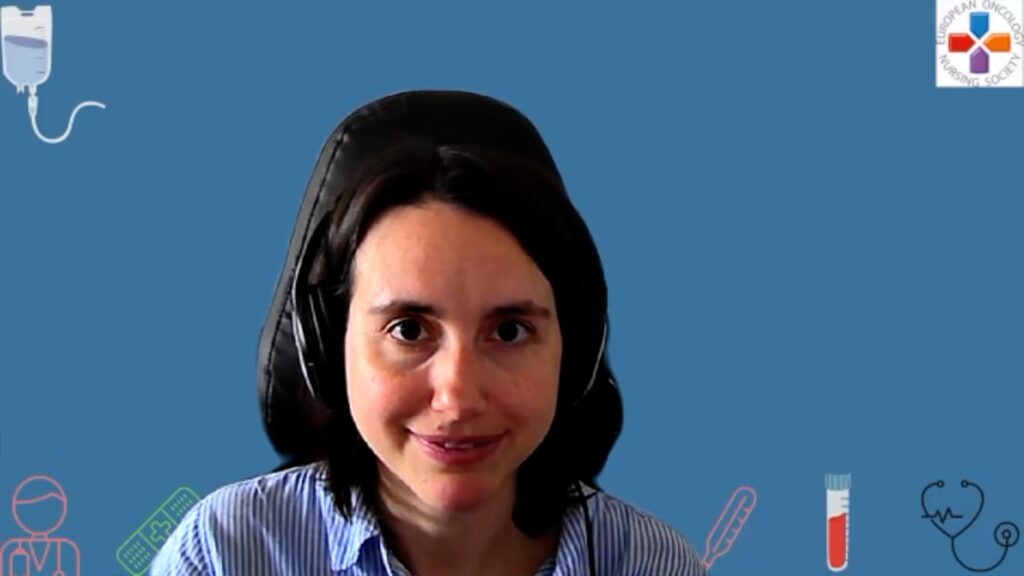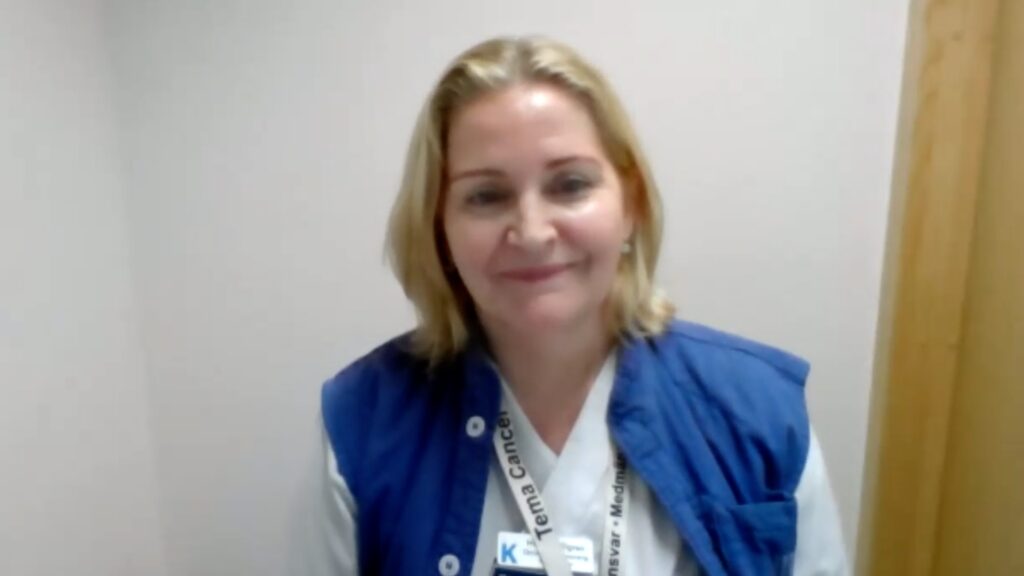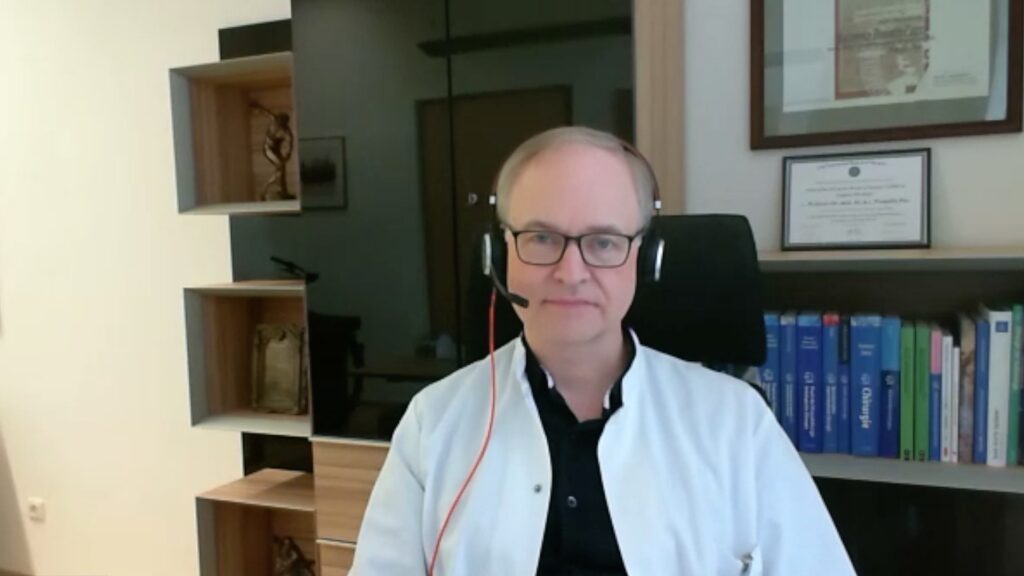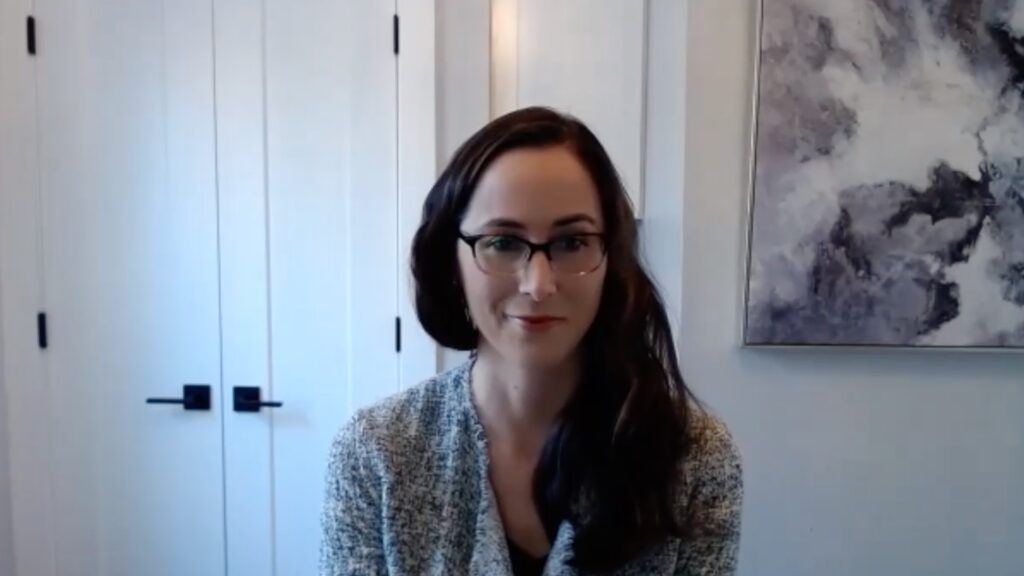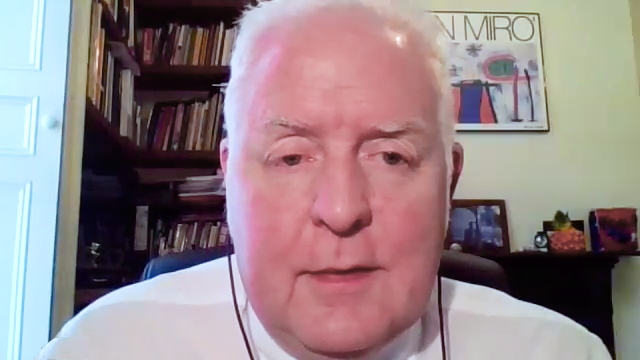The European Society of Surgical Oncology (ESSO) recently released an open letter urging the European Commission to recognise surgical oncology as a specialist discipline in the EU, entitled ‘Time to act: Maximizing the benefits of surgical oncology for cancer patients in Europe‘. touchONCOLOGY were delighted to catch up with Prof. Pompiliu Piso (Hospital Barmherzige Brueder, Regensburg, Germany) to discuss how ESSO will be supporting Europe’s Beating Cancer Plan (EBCP), the importance of training and specialisation in surgical oncology in Europe and how the ESSO open letter will help to improve patient care and outcomes in the EU.
Questions
- Could you give us a brief overview of Europe’s Beating Cancer Plan and how ESSO is supporting this initiative? (0:27)
- Why is it important to introduce and implement training and specialisation in surgical oncology across Europe? (1:58)
- How will recognizing surgical oncology as a specialist discipline in the EU affect patient care and outcomes, and how will the ESSO open letter help to achieve this? (3:54)
Disclosures: Pompiliu Piso has nothing to disclose in relation to this video interview.
Support: Interview and filming supported by Touch Medical Media Ltd.
For more information on the open letter visit ESSO’s website here and for part 2 visit here.
View ESSO’s statement on the implementation of the EBCP here.
Transcript
Could you give us a brief overview of Europe’s Beating Cancer Plan and how ESSO is supporting this initiative? (0:27)
The Europe Beating Cancer Plan is a European initiative to increase the early prevention, the detection and also the diagnosis and treatment and the life quality of cancer patients in Europe, because this is a big problem we are dealing with right now and almost sure over the next years. This Beating Cancer Plan has been adopted by the European Parliament about one year ago and it’s included in the article 65 the points that the European Society of Surgical Oncology has suggested. Which is the introduction of a specialty/ specialization in surgical oncology, the development of a curriculum, the harmonization of the training in Europe. But of course, other aspects like the guidelines we need in surgical oncology, the trials, we have to perform, also the centres that have to be established, and nonetheless also the long-term quality of life of our cancer patients. So, the European Society of Surgical Oncology released two open letters on that, one raising the awareness before the BECA report came out, BECA is the special committee of the European Parliament dealing with this cancer plan and a second one regarding the implementation after the releasing of that plan.
Why is it important to introduce and implement training and specialisation in surgical oncology across Europe? (1:58)
That’s because the specialty surgical oncology is not that present in the medical world, but also in the whole European scene. We made a survey, the European Society of Surgical Oncology, among European countries and one third of all countries do not have a society for surgical oncology dealing with these aspects, and only eight countries offer a specialization with a degree at the end, and only five of them have academic degrees. So, it’s a sort of an invisible cure, there is not much awareness on this, so if you look at the report on the BBC website in the year 2008, all the new information about cancer was focused on drugs and we did a similar investigation in Germany with a journalist from the STERN magazine and he discovered within the years 2017 and 18 that among 101 articles on cancer, not for doctors but for general people in the print media, only 11 deal with/ towards surgery and cancer and only two of them had the word surgical oncology. So, surgical oncology is sort of invisible because, of course, it’s considered old style and we have other drugs like immunotherapy that are much more present. So, yes, with the introduction of this specialty, we would like to increase the awareness because 80% of all solid cancers of those patients have to be operated and they do benefit, particularly in early stages we can heal them with surgery alone. The surgeon is, in our opinion, the gatekeeper that can offer this personalized treatment to the patients.
How will recognizing surgical oncology as a specialist discipline in the EU affect patient care and outcomes, and how will the ESSO open letter help to achieve this? (3:54)
We believe that the open letter, which was signed by the 32 members of the European Parliament, will increase the awareness and the European Commission will realize that maximizing the effects of the treatment of cancer can be done only by surgery. And in fact, we have been in Brussels in November last year and had a very good meeting with a lot of European commissioners and members of the parliament, members from DG SANTE, a lot of European medical societies, but also with patient organizations. This was the day when we decided to go to work on this project and the open letter will, will convince the European Commission maybe to think about calls on introducing this specialty and harmonizing the training of all of Europe because raising the quality of the surgical oncology will reduce the morbidity of the operations for the cancer patients, will increase the rate of radical resection, will increase the quality of life of these patients. And we also can act better in a multidisciplinary treatment because surgical oncology is not only prepared in the surgical technique, they have to have all background information of the basics for radiotherapy, for medical oncology and all other aspects related to cancer, including genetics or immunotherapy. So, I think this will increase also the survival chances of the patients with cancer in Europe.
Subtitles and transcript are autogenerated

